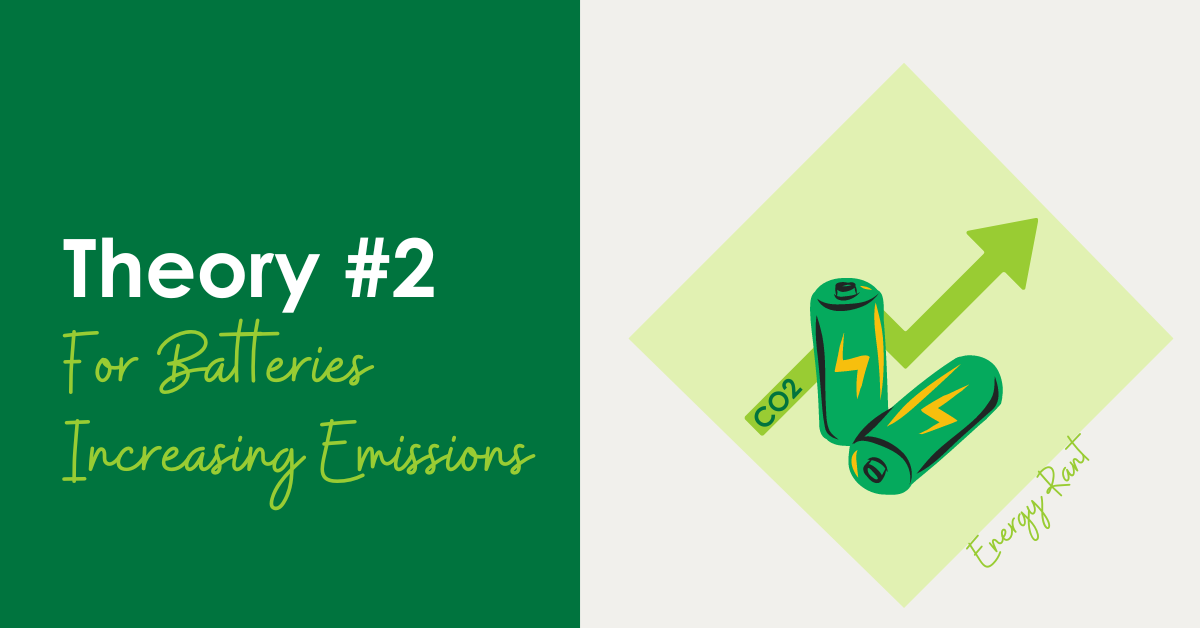
by Jeff Ihnen | Aug 19, 2024 | Energy Rant
Longtime Rant readers know I keep both feet on planet Earth, capturing all sides (typically two) and explaining, yes, but (fill in the blank). For the next case study, I was recently presented with a slide deck from the Rocky Mountain Institute (RMI), The Cleantech...

by Jeff Ihnen | May 6, 2024 | Energy Rant
Think you’re a climate change genius? Strap in and prepare for whiplash. To close out last week’s post, I referenced a Forbes article, Green Hydrogen’s Hype Hits Some Very Expensive Hurdles, which seeded the roots for this week’s Energy Rant....

by Jeff Ihnen | Apr 29, 2024 | Energy Rant
As a glutton for punishment (I look forward to getting past sciatica so I can run marathons again), I tasked myself with getting to the technical bottom of this article from Utility Dive: Energy storage for grid reliability can increase carbon emissions: University of...

by Jeff Ihnen | Apr 1, 2024 | Energy Rant
This post features a lot of refined hydrogen content you can’t find online. But before I get to hydrogen, here’s an update: I always get a little excited to lead news cycles. After publishing Electricity Shortages and What to Do About It last Tuesday...

by Jeff Ihnen | Oct 23, 2023 | Energy Rant
It’s fall, and that means it’s harvest season. So, this week, we’re providing a cornucopia of micro rants and information. I’m Alexa, and I’m Here to Help This headline caught my eye, ‘Alexa, I’m cold’: Government teams up with Amazon for energy saving campaign. The...






